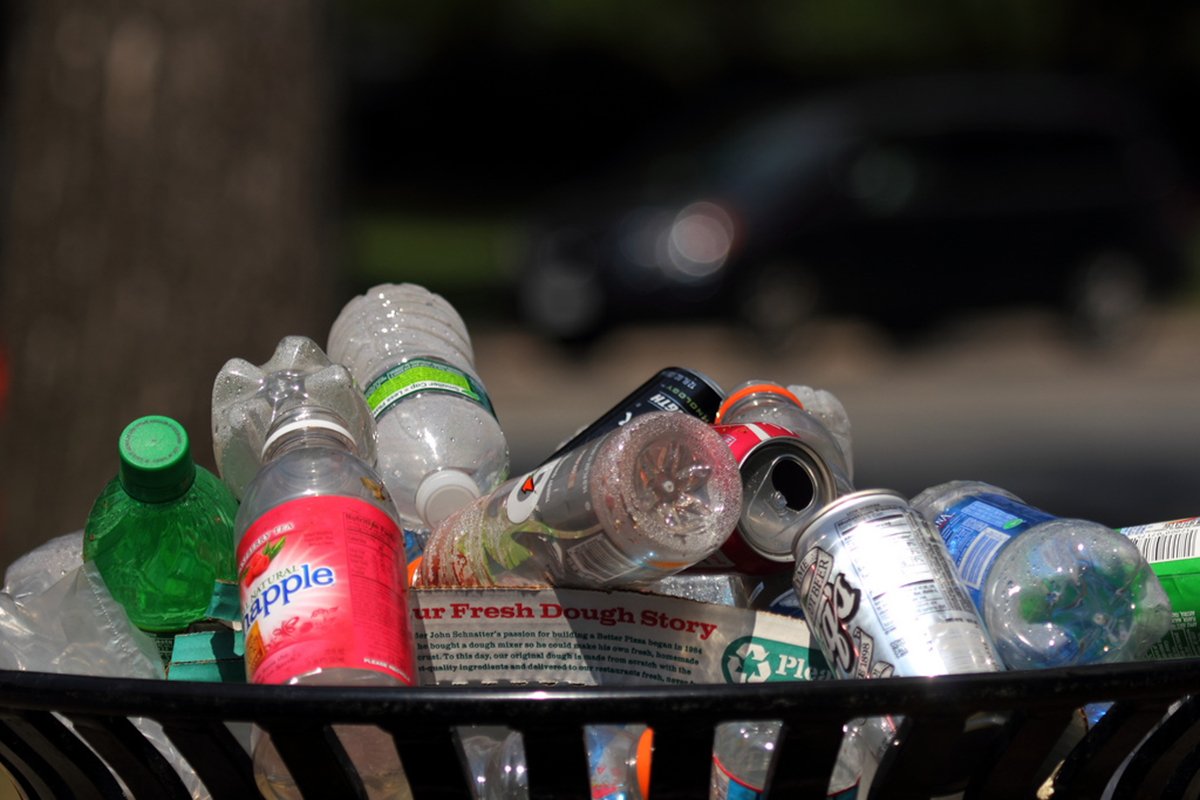Table of Contents
A food addiction is arguably the most difficult addiction to overcome. People who are in the process of overcoming other types of addiction can usually stay away from the thing they're addicted to altogether, which makes healing easier. Drug addicts might never see drugs again after they quit, gamblers can stay away from the venues at which their addiction played out, and though alcoholics will certainly come into contact with drink, they can decide to stay sober for the rest of their lives.

You will not be able to stop eating, and you'll probably always be tempted to revert to your former habits. Overcoming a food addiction is not for the weak and spineless — learning to eat responsibly will require an awful lot of will power.
Where do you start?
Decide
Deciding you want to change is your first step. You realize you have a problem, and you are committed to living more healthily. This first step is the most daunting, and it's best to avoid rushing into the "doing" stage only to fail and come back to where you started. Investigate how you want to go about overcoming your food addiction before you actually start. Plan ahead.
You might want to:
- See your family doctor to discuss the resources that could be available to food addicts in your area.
- Look into support groups for food addicts, but also take a very close look at their philosophy before joining them. If you join a support group, choose one that you think will really benefit you. A group that has an underlying idea you don't agree with will not help. Some might not like the religious aspect of 12-step groups, for instance, while others will have a problem with the fact that many groups are weight-focused rather than health-focused.
- Ask your friends and family to help and support you. Members of your household should commit to ensuring your problem foods don't appear in your home at all.
- Decide to start with small steps and commit to sticking with them.
Do
Food addicts who are receiving support from medical professionals might have a diet plan laid out for them, but not everyone will have this type of help. Success is within your reach if you decide to take a gradual approach to overcoming your addiction. Change yourself one meal at a time.
Small steps you might do well with include:
- Saying no to sugar-filled beverages.
- Saying no to snacking in between meals.
- Starting the day with a healthy, protein-filled breakfast to keep you going.
- Eating vegetables at every meal.
- Eating at least one home-cooked, healthy meal a day.
- Steering clear of fast-food outlets.
Try to change everything at once, and you will be doomed to failure — don't underestimate the grip your food addiction has on your life. Though a food addiction can lead to many health problems including overweight, type II diabetes and nutritional deficiencies, these will never be cured without addressing the underlying addiction.
Having said that, every person needs regular physical activity. Committing to working out at least three times a week will help you lose weight if you need to, but it also takes up time you might otherwise spend on eating. Working out can be truly play an essential role in your healing process. You'll also find that other distractions — like a new hobby or spending time with your loved ones — are key to your success.
Stick With It
There will be days on which you think you are well on the road to recovery. There will also definitely be days on which you are really, really tempted to go back to your old habits. Starting change is much easier than sticking with it.
What do you do when you think you don't have the strength to deal with life's stresses without eating the way you used to?
Some ideas:
- Phone a friend to talk about it, or rely on your support group.
- Go for a jog or do some jumping jacks.
- Drink a huge glass of water instead of indulging in your chosen food.
- Write about it, in a journal or online (SteadyHealth is a great venue for writing about your struggles!).
See Also: Kick Your Meat Addiction
After a while, you will start to feel comfortable with your new eating habits, and you might think your addiction is in the past. This is a dangerous stage — thinking you can binge eat once because you're now "recovered" will lead to trouble.
- Photo courtesy of Mr.TinDC by Flickr : www.flickr.com/photos/mr_t_in_dc/4722400577
- Photo courtesy of Mr.TinDC by Flickr : www.flickr.com/photos/mr_t_in_dc/5919993850


Your thoughts on this